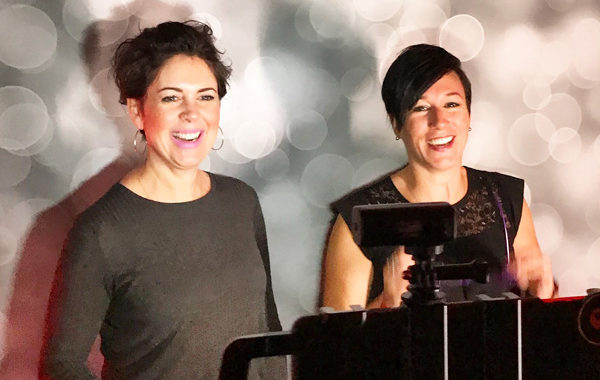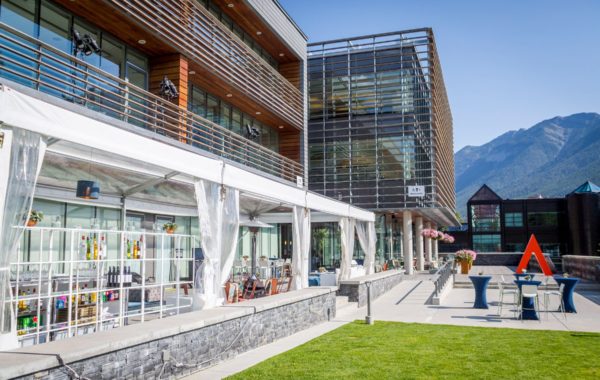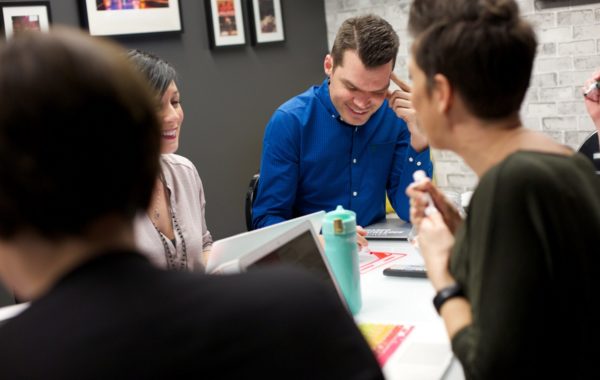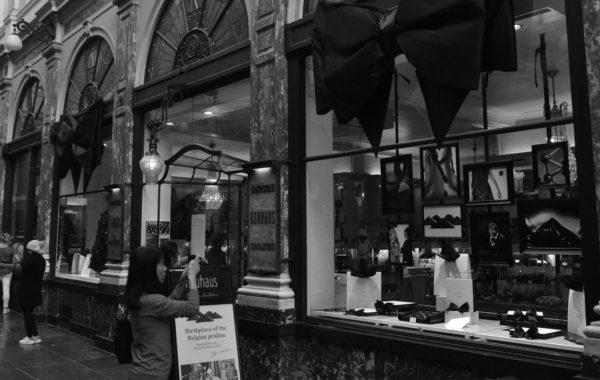In everything from choosing your venue to deciding on your entertainment, budget is going to play a major role. That being said, a massive budget is not necessarily the defining factor between a great event and one that didn’t live up to expectations. What’s imtportant is being realistic about what you have to spend, being clear with your partners and vendors, accounting for the unexpected, and maximizing what you’re working with.
Getting Started
Often, event planners are coming into the process with a defined budget, whether that’s been handed down by a client or by upper management. If that’s the case – great! Now it’s a matter of research, allocation, and the all-important buffer.
On the flip side of that coin is a slightly more fluid process, where you’ve been asked to put together a plan and come back with an ideal budget for approval (or let’s face it, often feedback and adjustments to scale your ideal budget back). This is going to require a bit of legwork, but whenever possible, lean into your existing relationships and get into the options with your vendors and partners. If you need some help getting started, we’re always happy to talk through a corporate event budget and tap into our great network of fantastic event profs to help you nail things down.
The key thing in this situation is to tame that perfectionist that’s roaring inside you. Don’t get caught up with the budget being written in stone at this point; know that you need to start somewhere to get somewhere. Whether you’re estimating a budget of $20,000 or you’re confident you can end up around $200,000, you need a sense of where to start so your potential partners can brainstorm with you, support you, and provide realistic, doable quotes. Ask questions, and go from there.
However you arrive at your final number, here are the top things you’ll want to factor in as you start breaking down your budget:
- Venue
Venue is a great place to start when you’re breaking down or allocating costs. Timing of your event will play a crucial role in both pricing and availability of venues, guest count is going to be a factor, and the unique purpose and needs of the event – Will guests be seated, standing, or both? Do you need a dancefloor? Is built-in audio essential? – will round out the decision-making process. For more on choosing the perfect venue, head over to this post.


- Food and Beverage
Ever been to a great event that didn’t involve great food or drinks? Ya, we haven’t either. Don’t leave this to an afterthought, because people generally rate an event pretty heavily on how good the food was – which is not to say you have to break the bank on it.A lot of venues, such as Hotel Arts, have great food and beverage services available in house. This can be an excellent way to maximize your budget, as well as simplify your planning. If that’s not the case, there are many great options for catering in Calgary that will blow your guests away; see a few of our favourites here. Sit down and chat with any of these friendly and creative people, and if it sounds like a fit, get them to quote on your event. There are many ways to get creative with food and beverage – if you want a highly social, mingling-friendly atmosphere, opt for appetizers or desserts and cocktails instead of a seated meal. Multiple food stations and varied seating is another creative way to approach this.Once you know the route you’re going, make sure you create individual line items for each aspect of food and beverage in your budget vs allocating it all to one lump sum. Remember that the more specific you are now, the fewer the surprises that come up later.




- Décor and Lighting
Here again, it’s important to talk to your venue about what they have available. Many event spaces, such as Hudson, have basic items like tables, chairs, and bars available set-up a little easier. Knowing both your audience and the objectives of your event will play into décor in a big way, so talk to the experts – that’s us! – about what you need, what you want, what we can bring to the table that you might not have even thought of yet, and the associated costs. In our experience, lighting is one of the items more frequently overlooked during the budget-planning phase, and that can make for some unexpected number-juggling later on. We’ll discuss what’s needed with you, and work with the venue or outside vendors to make sure your design is perfectly lit, sitelines are free and clear, and the mood is set.


- Entertainment
Got your heart set on a live band? Staging an old-fashioned circus? (No seriously, we’ve done that.) You’ll want to account for not only the obvious costs like performer fees, but all of the logistics costs as well as audio/visual support. Once again, talk to the venues you’re considering about this and factor it into your final decision. If live music is a huge part of your event, for example, The Big Four Roadhouse or The Palace Theatre might be a natural fit that will make your budgeting and your life a lot simpler. If you need to talk through entertainment ideas and get quotes, check out this post to hear from two of our favourite entertainment partners.



- Contingencies
We always recommend leaving a buffer of 10% to 15% of your total budget to account for those inevitable surprises, mistakes, or last-minute wants. Careful planning is key to minimizing these types of unbudgeted costs – for example, something like overtime pay for lighting or AV partners is normally avoidable with solid and thorough logistics management. But all the planning in the world won’t stop little things from coming up as you go, and you’ll lose a lot less sleep and gain a lot fewer gray hairs if you left a little in the well.
We’re always ready and waiting to have a conversation with you about what you’ve got in the works! We have a great network of partners, a warehouse full of product, and a team full of ideas that we are ready to put to work for you. Let’s have a coffee, and talk about how we can help with your next corporate event.




